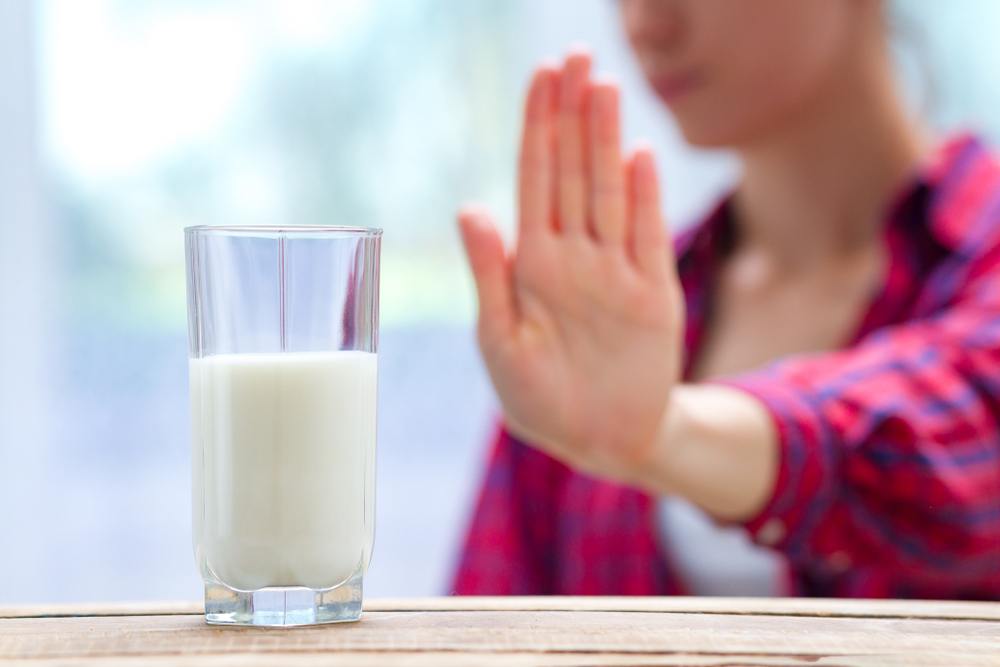Are You Secretly Lactose Intolerant? Here’s How You Can Tell

Ice cream, cappuccino, cookies – these are some of the world’s favorite treats. Coincidentally, they have another thing in common too: they all contain dairy.
Considering how many popular products nowadays contain lactose, it’s simply shocking how many people are having a hard time processing lactose. In fact, the U.S. National Library of Medicine says that a whopping 65% of human beings are at least partially unable to digest lactose properly.
You may know this condition as lactose intolerance. But why does it appear so commonly and how can you know if you secretly have it too?
Today we answer those questions and more. Let’s begin with the most important answer on the list:
What is lactose intolerance?
Simply said, lactose is a type of sugar found in dairy products. Your body uses a substance called lactase to break down lactose and digest it. Lactase is produced by some tiny cells inside your system; if those cells produce too little lactase (or no lactase at all), your digestive tract can’t break down lactose from dairy.
According to the National Institute of Diabetes and Digestive and Kidney Diseases (NIDDK), you’re considered lactose intolerant when you begin to show the first symptoms of this illness.
This means that most people can be secretly dealing with lactose malabsorption and never know it. Lactose malabsorption means that your body still produces some lactase – just not enough to break down all of the lactose that enters your system. However, digestion is still working well overall, which is why you may never experience any symptoms of this condition.
Lactose intolerance symptoms
So how can you tell if you’re feeling unwell because of a lactose intolerance? Here are the main signs:
- Abdominal pain
- Diarrhea
- Gas and/or bloating
- Nausea
- Stomach ‘growling’
- Vomiting
The first three symptoms (pain, diarrhea and gas) are the most common. But why do they appear?
The NIDDK experts explain that if undigested lactose gets to your colon, the healthy bacteria which live there break it down; this unusual process leads to extra fluid and gas your body is trying to expel as soon as possible (hence the digestive discomfort).
